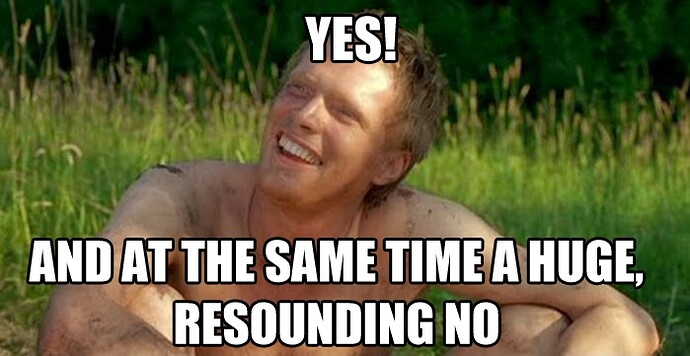I’m not exactly sure if Star Trek’s socio-economic system is communist or not. I’m still learning about the different branches of Leftist political theory, and I don’t consider myself informed enough to take a stab at answering the question.
But from what we do know about the Star Trek future, it seems to be, for the most part, anti-capitalist and post-scarcity. There is food for all, housing for all, medicine for all, education for all, without the typical “who’s-gonna-pay-for-it” nonsense. Money is still in use for luxury goods or trading across cultures, but it’s no longer the driving force behind, well, most of humanity’s actions.
Whatever that’s called, I WANT IT.
But we could be so much closer to that right now, today. We can already produce enough to feed, clothe and house everyone with our current technology, give or take a few logistical and distribution issues. (Seriously, consider how much food and drink is destroyed by restaurants, groceries and businesses when unsold, instead of being given away to be eaten. Think about how much “fast fashion” winds up in landfills, instead of being used. How many empty buildings exist, which could be rehabbed and used for shelter, schooling, you name it. How many pills and vaccines get discarded because nobody got to take them before they expired.)
Why doesn’t it happen now? Because it might cost somebody money. Because, as a collective, society has decided that hoarding little scraps of paper or digital bits are more important than the survival of our fellow human beings. And Capitalism insists that people are only worth how much they can produce and/or consume, and not amazing individuals of great worth and potential in their own right, deserving of a good, comfortable existence just because they exist.
I have no idea how we get to the Star Trek future from here. I no longer believe I’ll get to see it exist in my lifetime. I do hope we get there someday. If we don’t, I don’t believe we’ll survive as a species.

 )
)


 )
)



